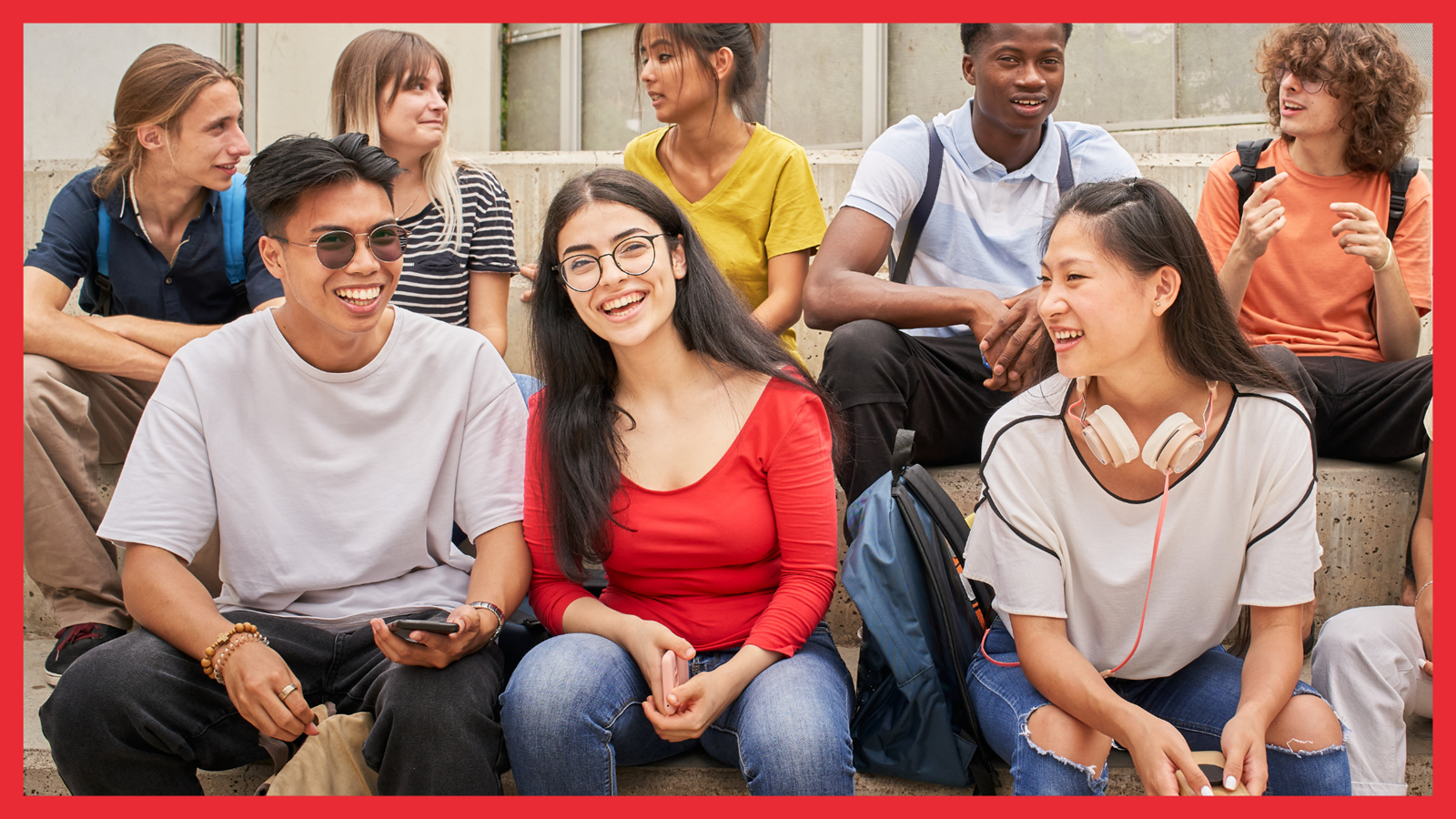Health Education in Schools
The Physical and Health Education (PHE) Curriculum in BC is based on a holistic approach to well-being, giving students the tools and knowledge to become better managers of their own health as they grow up. This includes learning about food security and healthy eating, active living, comprehensive sexual health education, mental health literacy, and fostering attitudes and values that promote respect for diversity. Classroom teachers and District specialists are responsible for providing students with ongoing opportunities to progress in their curricular skills and knowledge.
Mental Health
The BC Ministry of Education and Childcare , outlines a system-wide approach to mental health promotion, with a focus on Compassionate Systems Leadership, Capacity Building, and Mental Health in the Classroom.
Mental Health Curriculum is helping students build skills and knowledge to support, understand and improve their well-being.
Â鶹ÊÓƵ has put together a Mental Health and Wellness Resource Hub with tools for addressing mental health, wellness, and resiliency.
Sexual Health
About Comprehensive Sexual Health Education (CSHE)
The goal of comprehensive sexual health education in schools is for all students to gain the skills and knowledge required to make healthy decisions about their bodies & relationships, and to know what to do in unsafe situations.
It supports people to have respectful and satisfying interpersonal relationships, increased self-acceptance, increased capacity to access sexual and reproductive health services, and to prevent outcomes that can have a negative impact on sexual health and well-being (e.g., sexually transmitted infections, unintended pregnancies, sexual coercion/trauma/abuse/harassment, relationship problems).
There is a large and definitive body of research that clearly indicates that comprehensive sexual health education does not lead to earlier or more frequent sexual activity.
Instead, quality sexual health education has a direct impact on preventing negative outcomes and promoting positive ones
Children thrive when families and schools work together to support this learning.
Sexual Health Education in BC Schools
As part of the PHE Curriculum, Sexual Health learning targets are developmentally aligned from K-10 and address the following topics, increasing in complexity each year:
- sources of health information and media literacy
- anatomy and physiology
- healthy relationships, identity, & diversity
- consent and personal safety
- the physical and social changes of puberty
- practices that promote health and wellbeing
Grade 5 & 9 Enhancement Series in qathet District
The qathet District employs a Certified Sexual Health Educator to support classroom teachers in their delivery and assessment of student learning related to sexual health knowledge and skills.
To make the most of this resource, the Sexual Health Educator offers a 4 - 6 session Enhancement Series at grade 5 (inclusive of split classes), and again at grade 9 to supplement what classroom teachers provide. This cohort approach provides a consistent baseline for information, motivation, and skill-acquisition during key phases of adolescent development. It allows the District to support teacher capacity through access to a subject specialist, and to measure effectiveness over time.
What This Learning Looks Like at Each Grade (Scope & Sequence)
The Physical and Health Education (PHE) Curriculum in BC is based on a holistic approach to well-being, giving students the tools and knowledge to become better managers of their own health as they grow up. This includes learning about food security and healthy eating, active living, comprehensive sexual health education, mental health literacy, and fostering attitudes and values that promote respect for diversity. Classroom teachers and District specialists are responsible for providing students with ongoing opportunities to progress in their curricular skills and knowledge.
Mapped out in the linked document are grade-specific learning targets from the PHE Curriculum. Each grade includes and builds from the previous year(s).
Documents for Parents/Guardians
Alternative Delivery Policy
In British Columbia, the gives families the ability to teach some health topics from the Physical and Health Education curriculum at home. When students are absent from school-based sexual health lessons, the BC Ministry of Education and Childcare specifies that:
"The alternate delivery policy does not allow students to “opt-out” of learning about these topics. It is expected that students will, in consultation with their school, demonstrate their knowledge of the learning standard(s) or learning outcomes they have arranged to address by alternative means."
Rather than simply exempting students from sexual health lessons, the policy allows families to communicate their plans with school Administrators so that their children can still demonstrate the required learning standards to the classroom teacher.
If you intend to cover the content with your child instead of in-class instruction, please contact your Principal to receive an “At Home Sexual Health” document. It is expected that learning of curricular content can be demonstrated to the classroom teacher within an agreed upon timeline following instruction.
Physical Health

The Physical and Health Education (PHE) curriculum aims to help children develop a personalized understanding of what healthy living means to them as individuals and members of society. The PHE curriculum focuses on well-being — the connections between physical, intellectual, mental, sexual, and social health. This approach aligns with those of jurisdictions across Canada and throughout the world to promote a deeper and more holistic understanding of overall health and well-being in students.
Nutritional Health

The district initiated its Food Literacy Program in 2019 with the goal to deliver hands-on, seed-to-plate learning for elementary school students in the region. We help students to develop skills and knowledge they need to make healthy food choices by providing a range of hands-on, garden-based education and cooking programs across all Â鶹ÊÓƵ elementary schools. We also provide lesson plans and other resources to schools, to support them in using their food gardens and kitchens as sites for experiential learning. For more information, click .


